Wisconsin's Place In The Global Refugee Crisis
Refugees and their resettlement in the United States have taken on a higher profile in recent years, owing in large part to ongoing war in Syria and the subsequent displacement of millions of people.
February 1, 2017
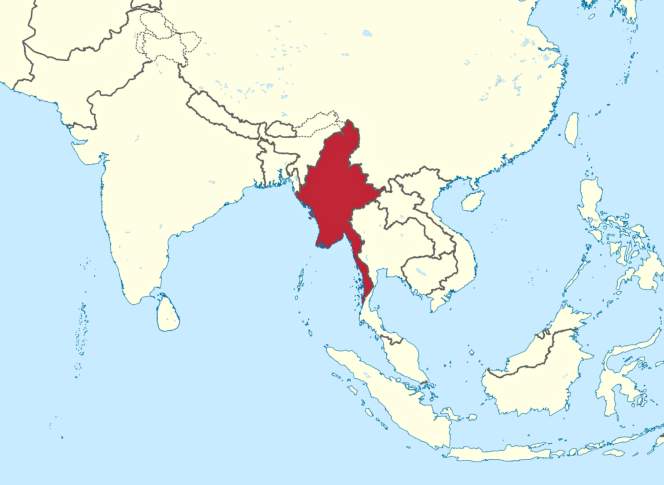
Map of Asia with Burma-Myanmar in red

Refugees and their resettlement in the United States have taken on a higher profile in recent years, owing in large part to ongoing war in Syria and the subsequent displacement of millions of people. The United Nations High Commissioner on Refugees reported in June 2016 that the world faced an unprecedented crisis.
The U.S. plays a leading role in resettling refugees. Working with the U.N. and non-governmental organizations, the State Department and other federal agencies identify, vet and resettle refugees, an extensive process that accepts a tiny proportion of all candidates. But the U.S. is changing its policy on refugees. On Jan. 27, the Trump administration issued an executive order that places a 120-day hold on accepting new refugees and an indefinite ban on those from Syria, and requires additional vetting procedures to be put in place.
Since 2002, about 13,000 total refugees have resettled in Wisconsin, out of a total of almost 900,000 across the U.S. The largest group of refugees arriving in the state during this period has come from Burma, also called Myanmar, a nation in southeast Asia that has seen decades of ethnic and religious conflict and persecution. Settling primarily in Milwaukee, these people aren’t at the forefront of public discussion about the broader refugee crisis, but their displacement is a potent example of its complexities.
Listen to Wisconsin Public Radio’s Central Time host Rob Ferrett interview WisContext‘s Scott Gordon about how refugee resettlement works and who has been placed in Wisconsin.
 Passport
Passport





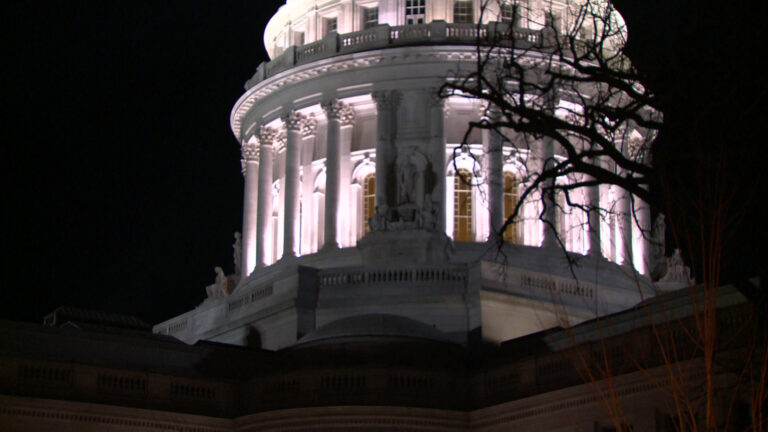
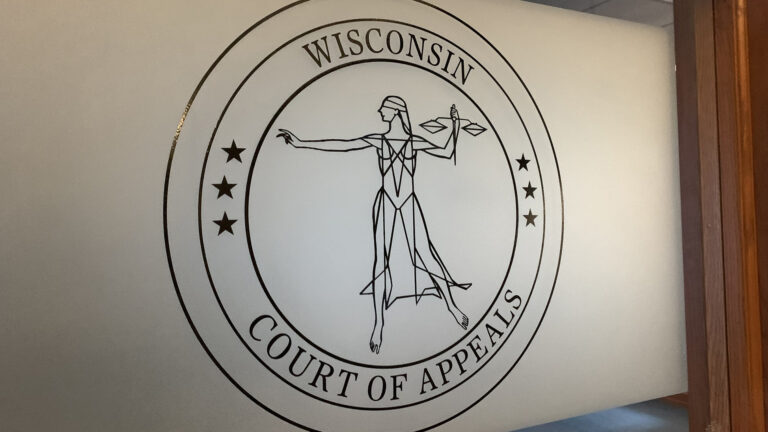
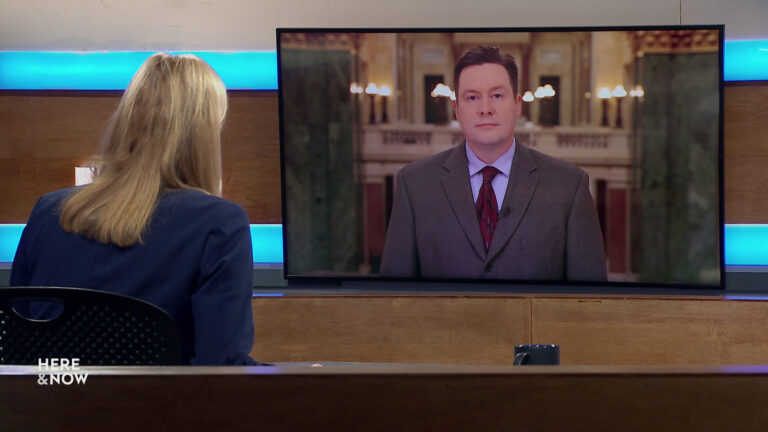
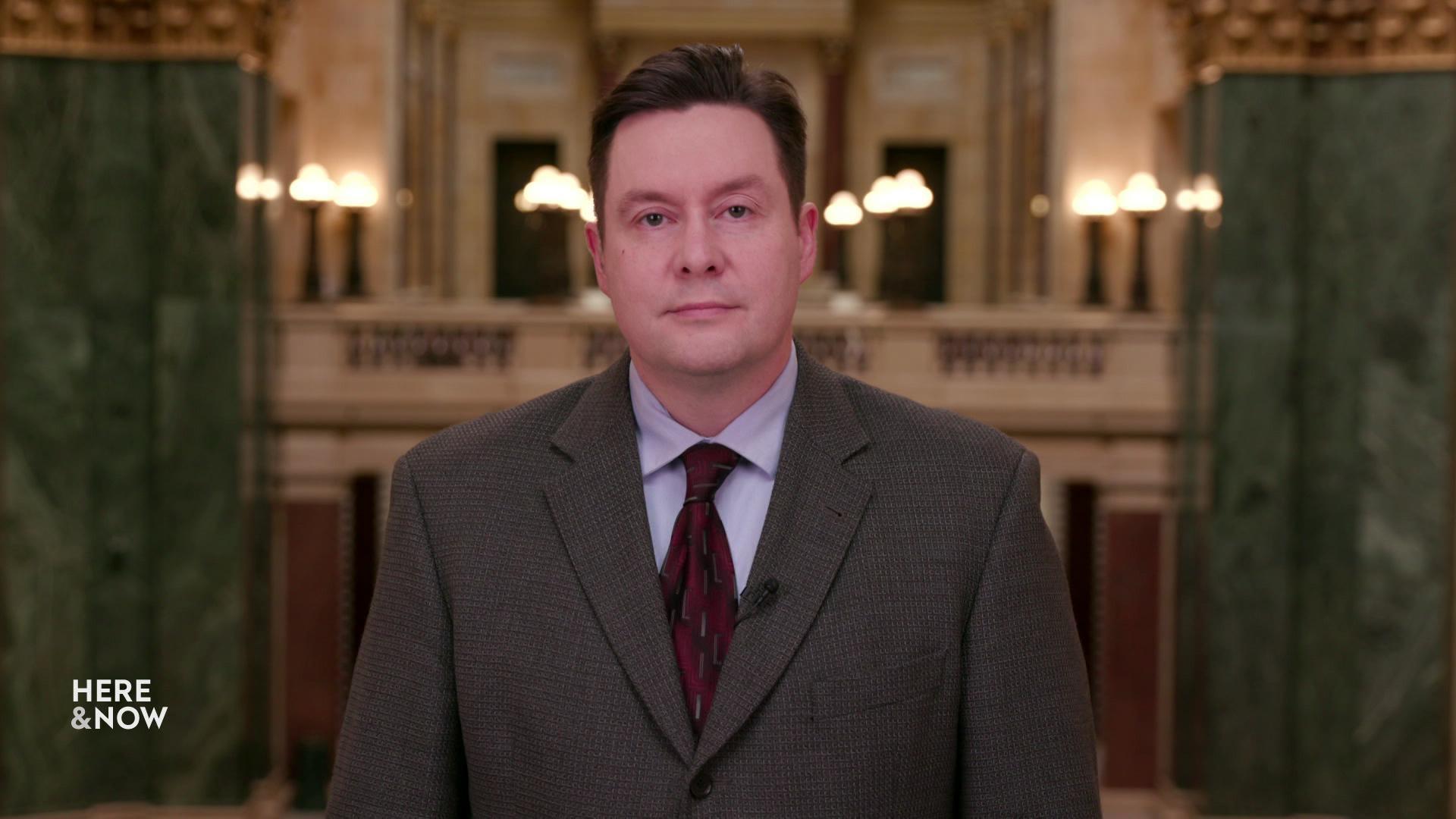
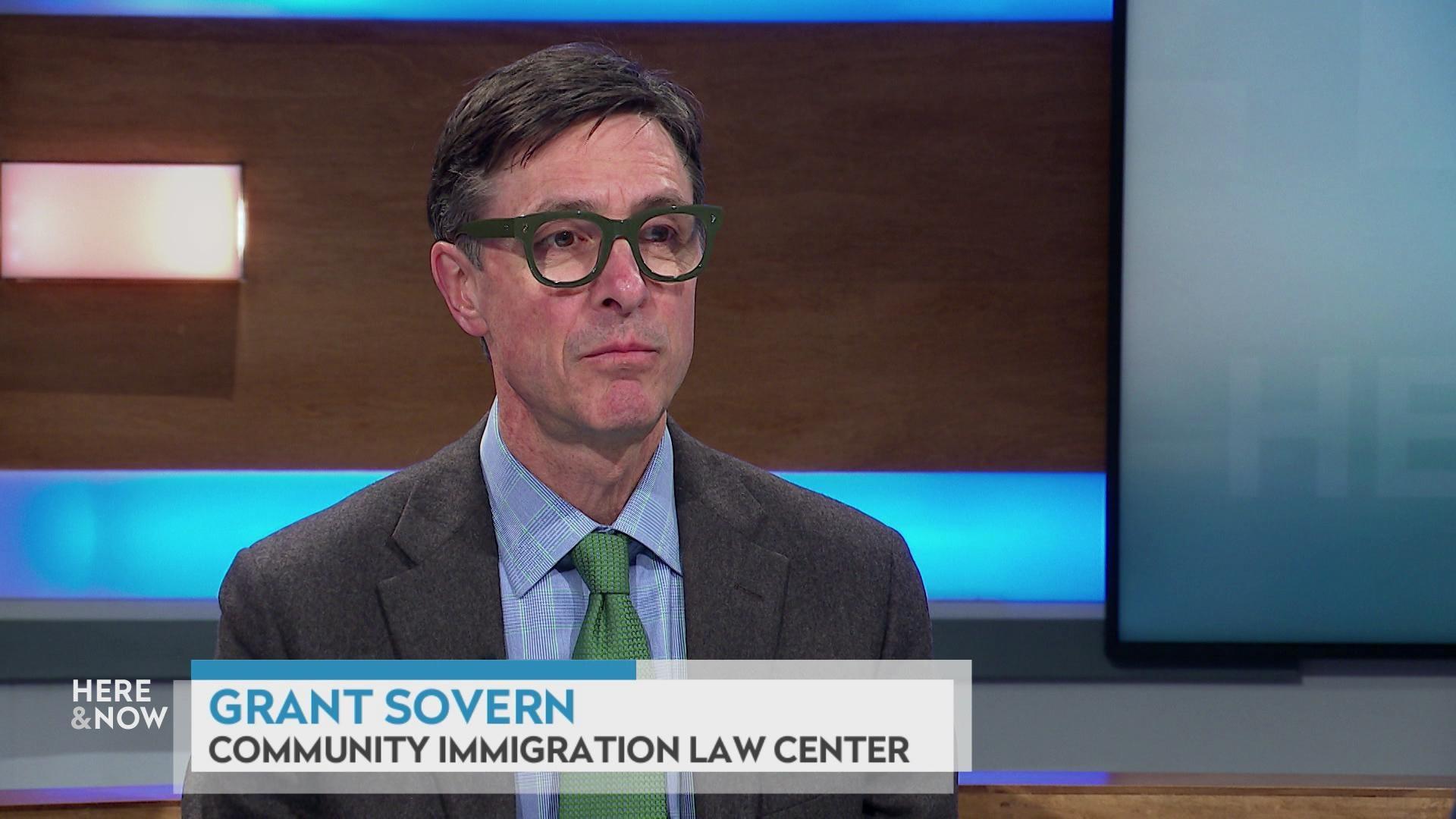

Follow Us